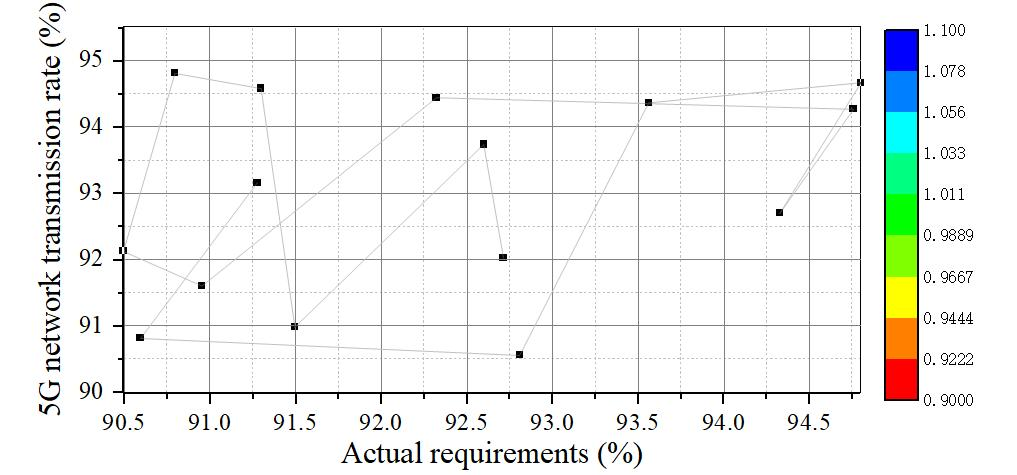The Use of 5G Network Technology to Reform and Innovate the Culture of Opening Ceremony in Chinese Winter Olympics
DOI:
https://doi.org/10.17762/ijcnis.v15i2.6136Keywords:
2D Animation, Style Transfer, Algorithm, Ultra-wide Networks, Innovative DesignAbstract
The application of 5G network technology in the opening ceremony of the Winter Olympic Games has changed the form of cultural display and made form change and innovation a research hotspot. The original cultural display method cannot meet the requirements of change and innovation, and the innovation effect after the change is poor. To this end, this paper proposes a reform and innovation model based on 5G network technology to improve the form of cultural display. First, wireless self- organization and sensors are used to obtain data in the form of cultural display, and data transformation is carried out through 5G network technology, and the form is changed according to the characteristics of cultural data, and irrelevant change content is abandoned. Then, according to the ultra-wide communication technology, the change rate and display effect of the special effect are analyzed, and compared with the actual reception effect, the parameters and indicators of the cultural display form are adjusted. The innovative design results show that under the condition of 5G network transmission, the transformation and innovation mode can improve the realization effect of cultural display, and the improvement rate is greater than the actual design requirements, which can meet the needs of innovative design.
Downloads
Published
How to Cite
Issue
Section
License
Copyright (c) 2023 International Journal of Communication Networks and Information Security (IJCNIS)

This work is licensed under a Creative Commons Attribution-NonCommercial-ShareAlike 4.0 International License.




